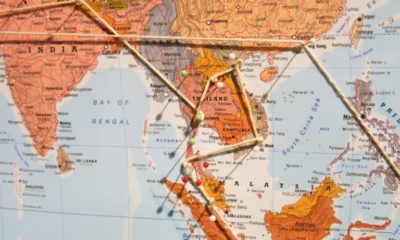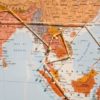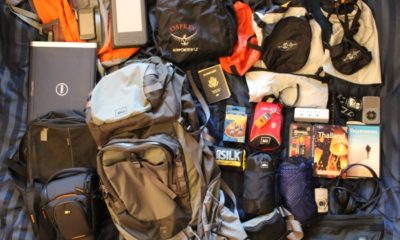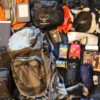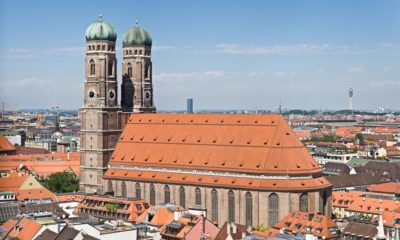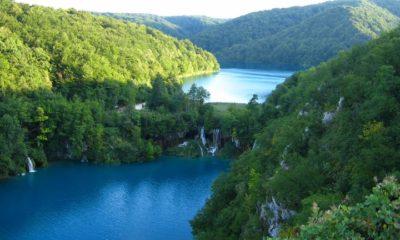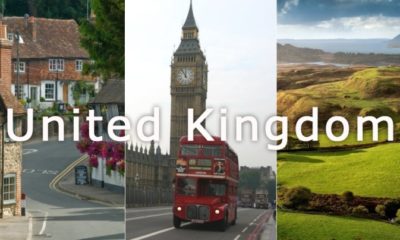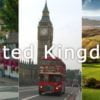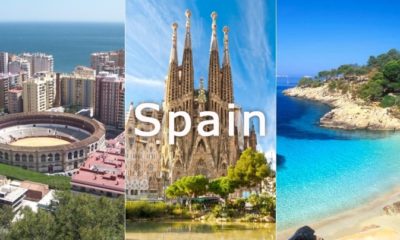Europe
Backpacking The Czech Republic Need To Know
Basics
Language:
Capital:
Currency:
|
Dial Code:
International Access Code:
Emergency Services Number:
Time Difference:
|
Entry
The Czech Republic is a member of the borderless Schengen Zone, meaning you can freely move to other member states without the need for multiple visa applications and passport controls.
Citizens of the EU, EEA and Switzerland don’t need a visa to enter the Schengen Zone, and can generally stay for as long as they wish.
A vast amount of passport holders from other countries can also enter the Schengen Zone visa-free for up to 90 days including; Australia, Canada, New Zealand and the United States.
Citizens of visa-exempt nations need only produce a passport which is valid for the entirety of their stay, but other nationals require a Schengen visa and must have a passport which has at least 3 months’ validity beyond their period of stay.
For official information visit mzv.cz or your home government travel bureau.
Getting Around
Official Europe wide rail passes can be obtained through Rail Europe
More details are to come in this section, but you can read about general advice regarding Getting Around When You Get There
Accommodation
Czech Republic has a wide variety of hostels and you should never have any problem finding one.
The average price of a hostel is 140-420 CZK (€5-15) a night.
All hostels in Czech Republic will provide linen and bathroom facilities. Usually there will be cooking and internet facilities as well as common and laundry rooms.
Read more about Accommodation When You Get There and Living in Hostels
Food And Health
The standard of food safety and hygiene is good, and there are many places to eat out cheaply, if you do not wish to cook.
Water is generally safe to drink from all kitchen taps in the Czech Republic, unless stated. If in doubt, stick to bottled water.
Medical facilities are good, but make sure you have adequate travel insurance and accessible funds to cover the cost of any medical treatment and repatriation.
EU and EEA citizens should get a free European Health Insurance Card (EHIC) before leaving home. The EHIC isn’t a substitute for medical and travel insurance, but it entitles you to state provided medical treatment that may become necessary during your trip.
Other nationalities may also have reciprocal health care agreements, find out from your government travel bureau.
Always contact your GP around 8 weeks before your trip to check whether you need any vaccinations or other preventive measures. Visit here for Recommended Vaccinations and read here for more about Travelling Health In General
Weather & Time To Go
The Czech Republic has warm, dry summers and fairly cold winters. The best weather is between May and September; dry and sunny, averaging 20-25°C. Winter temperatures usually hover around zero, but there are often spells where it can get extremely cold. Thunderstorms can occur at the end of summer days, especially in the mountainous regions; spring and autumn are also usually quite wet.
Communications
Internet and wifi is widespread and accessible in most hostels. Local pay-as-you-go SIM cards for your mobile phone and international calling cards are cheaply available.
Dangers And Considerations
Thieves, pickpockets and scam artists commonly operate in tourist areas and on public transport networks and stations. Pickpockets often work in gangs, some distracting you while the others go into your bags, so be alert and try not to get distracted around tourist attractions and cash points.
Only exchange money at reliable places like banks and ATMs, as there are a great number of forged banknotes in circulation.
Beware of bogus plain-clothes policemen, who may ask to see your foreign currency or passport. If approached, don’t show or hand over anything, but offer instead to go with them to the nearest police station.
Drink spiking is common – buy your own drinks and keep them within sight at all times.
Beware of trams, the Czech Republic has plenty of them. Take extra care when near tram tracks and make sure you look both ways. You may be fined if you attempt to cross a road or tram tracks within 50 metres of a designated crossing point.
You should carry your passport with you at all times for identification.
Dangers constantly change. Always check with your foreign office (British Foreign Office webpage) or travel advice bureau for the latest information regarding your destinations safety.
Read more about Safety And Security here
Respecting Culture
Czechs prefer to be known as Central Europeans rather than Eastern Europeans. Remember the Czech Republic had no association with the Soviet Union. WW2 may also be sensitive subject with some Czechs.
Comments about “how everything is so cheap here” will come across as very condescending and offensive.


